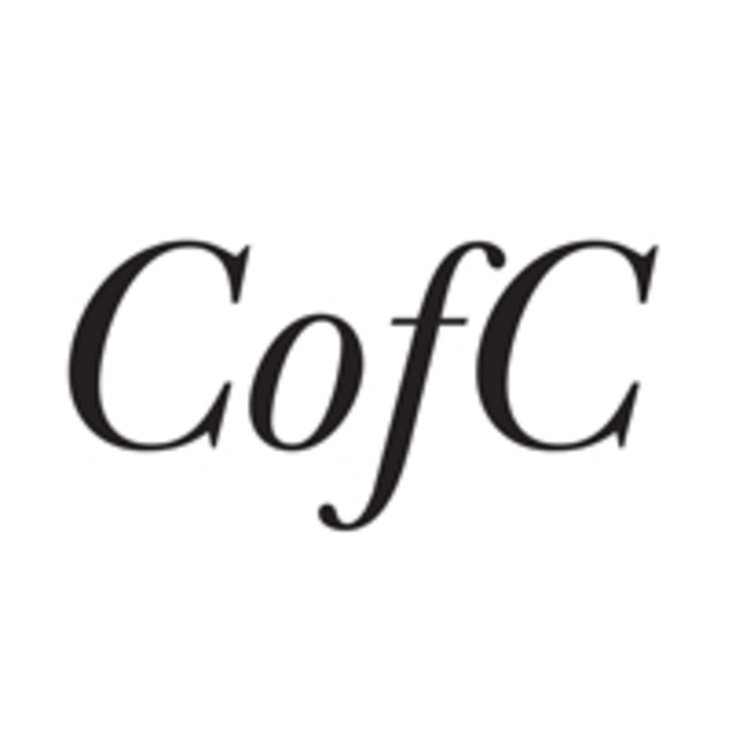Vera-Simone Schulz gave a Brown Bag Lunch Presentation on Tuesday, November 20, from 12:15 to 1:15 pm. Her talk was entitled “Giotto, Gold, and the Global Trecento: Transcultural Perspectives on the Fourteenth Century.”
Precious silk weavings, inlaid metalwork, luster ceramics—in the premodern period, the most diverse artifacts reached the Apennine peninsula from afar, stimulated the local production, and had an impact on artists working in various media and materials. Re-considering Janet Abu-Lughod’s monograph “Before European Hegemony: The World System, AD 1250–1350” from an art historical viewpoint, this talk looks at specific features of the fourteenth century in a transcultural perspective. It interrogates intersections between visual and material culture, questions categories such as “high,” “minor,” and “applied” arts, and, by going beyond the borders of established art historical sub-disciplines such as Islamic, European, Asian, and African art history, it sheds new light on the crucial role of imported artifacts, not least within fourteenth-century Italian art discourses, while provincializing “Italian art.”
Vera-Simone Schulz studied art history, philosophy, and Russian literature in Berlin, Moscow, and Damascus. Since 2011, she has been a research collaborator in the department of Prof. Dr. Gerhard Wolf at the Kunsthistorisches Institut in Florenz – Max-Planck-Institut. Since 2014, she has coordinated the international research project “Networks: Textile Arts and Textility in a Transcultural Perspective (4th–17th Cent.),” funded by the German Research Foundation, based at Humboldt-Universität zu Berlin and directed by Gerhard Wolf. Her research focuses on transcultural art history before 1500; image-object interrelations; the mobility, appropriation, transformation, and evocation of artifacts and materials; and Islamic art at the margins of or outside of the Islamic world. Her research articles appeared in Perspective: Actualité en histoire de l’art, Mitteilungen des Kunsthistorischen Institutes in Florenz, Zeitschrift für Kunstgeschichte, Konsthistorisk tidskrift, and elsewhere. She is currently completing a book manuscript on Infiltrating Artifacts: Florence and Tuscany in their Mediterranean and Global Entanglements. At Bard Graduate Center, she will focus on Artistic Dynamics in the Global Trecento: Fourteenth-Century Italian Painting, Mobile Goods, and the Materiality of Art in a Transcultural Perspective.















